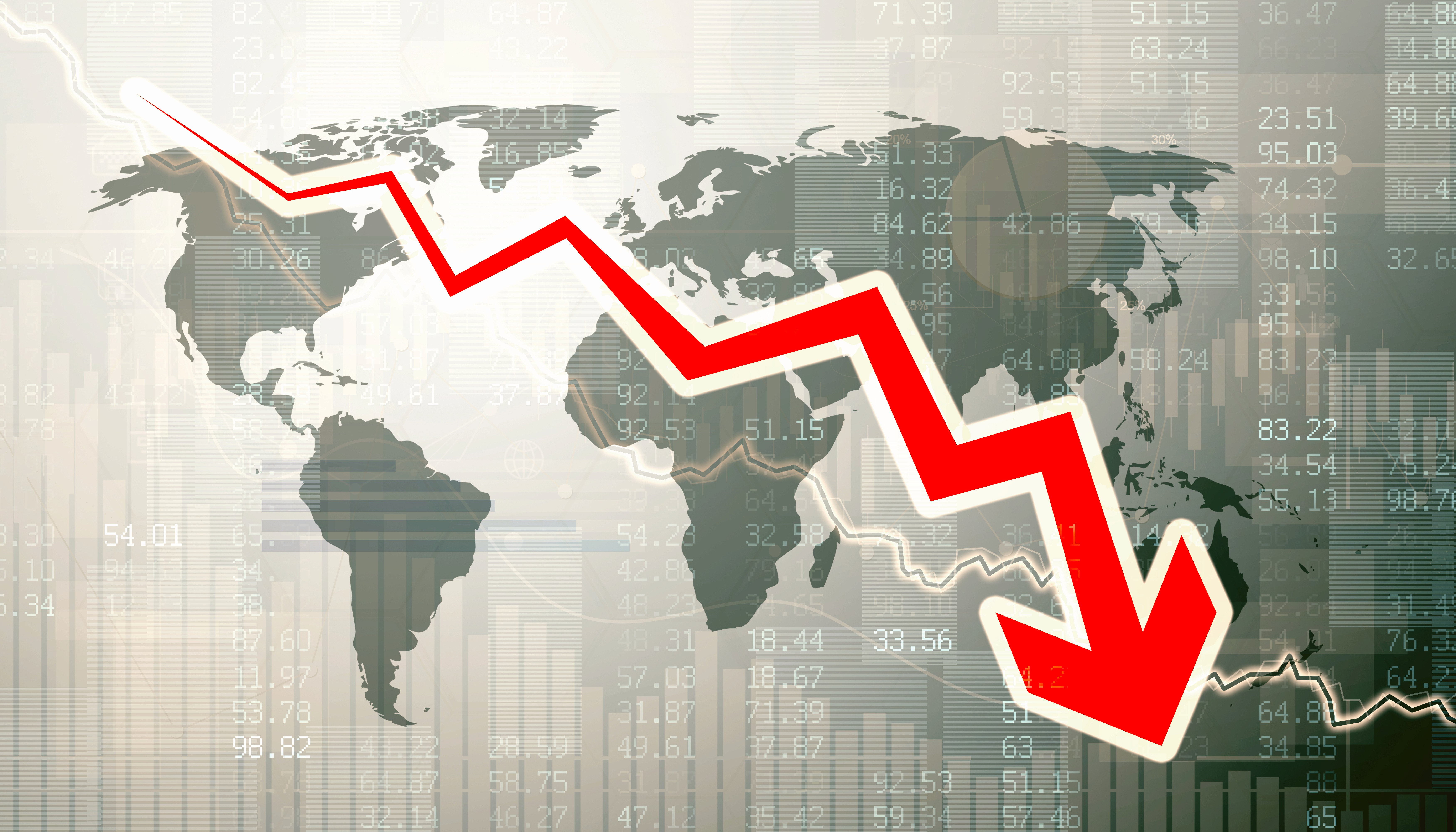Are We on the Brink of a Global Recession?
"Is this the calm before the storm?" This question might loom large in the minds of many as we reflect on the recent dramatic events unfolding in the global financial markets. Last week, the stock market witnessed a steep sell-off, led by a surprising downturn on Wall Street and exacerbated by unsettling economic developments worldwide. As billionaire investor Mark Mobius suggests, such a pullback might well be an ominous precursor to more profound economic disturbances.
Historically, market crashes have often blindsided us, typically emerging from the shadows of prolonged bull markets where stock prices ascend persistently. This very scenario unfolded on August 5 when the S&P 500 experienced its sharpest single-day decline in two years, a drop precipitated by weaker-than-expected U.S. economic indicators and an unexpected interest rate hike by the Bank of Japan (BOJ).
Why did the global market happen? Understanding the Sudden Shift!
The bull market, a period characterized by optimism, investor confidence, and rising stock prices, appears to have hit a sudden roadblock. Economic data from the U.S. last week painted a grim picture of the employment scenario, with job creation stalling and the unemployment rate ticking upwards to 4.3% from 3.9% in April 2024., the highest since October 2021. The jobs have fallen to 114000 in July compared to June’s 179000 and the VIX soared high.
In the US, 70% of the entire economy rides on the back of consumer spending. For the past few months, the rise has been slower. Although consumers are spending more, this also comes at a time when debts and bankruptcies are skyrocketing. And so, a lot of spending is coming in the form of debt. Such indicators are often viewed as 'flashing red,' signalling potential economic slowdowns or even recessions. The question is, can the current scenario mimic the 2008 financial crisis?
Monday's turmoil wasn't confined to the U.S. markets. Japan's Nikkei 225 plunged 12.4%, recording its worst day since the infamous Black Monday crash of 1987. The Bank of Japan's (BOJ) decision to raise interest rates further complicated matters. Japan hasn’t raised interest rates since 2007 and has been a safe bet to borrow money for nearly 2 decades. While the first hike in March 2024 marked a shift from 17 years of negative interest rates, the second hike in July 2024 has significant implications for the 'carry trade.' This investment strategy, popular among global traders, involves borrowing in a currency with low interest rates and investing in assets with higher returns. As the Japanese Yen strengthens, the carry trade becomes less profitable, squeezing margins and prompting a re-evaluation of risk by global investors. This puts all Wall Street firms and financial institutions relying on Japan’s cheap borrowing cost in a worrisome state.
The Silver Lining: Market Corrections and Economic Cycles
As we steer toward the future, we must ponder, are we headed for a global recession? While the picture may seem bleak, some analysts, including voices from Goldman Sachs, argue that the recent market correction is a necessary adjustment following an extended period of overvaluation. However, Goldman Sachs Group Inc. economists increased the probability of a US recession in the next year to 25% from 15% but still interpreted it as limited. Such corrections can help recalibrate expectations and valuations, laying the groundwork for more stable growth in the future.
Moreover, despite the sell-off and the worrying economic indicators, it's not all doom and gloom. The U.S. services sector, for example, showed signs of resilience, with activity rebounding in July from a four-year low. This recovery, spurred by an increase in orders and employment, suggests that not all sectors of the economy are in distress.
Most importantly, a recession is anticipated when GDP is negative for 2 consecutive quarters, but the USA has tracked positive GDP growth in the past two quarters: +1.4% in Q1 and +2.8% in Q2 2024.
Generally, a crash is the time when the rich get richer as it’s about buying assets at bargain basement prices. Is it time for the rich to get richer?
Navigating the uncertain waters and potential recession
Historical precedents like the Roaring Twenties followed by the Great Depression remind us that high-flying economic periods can end in significant downturns. However, predicting economic cycles with precision is notoriously challenging.
Investors and policymakers alike would do well to adopt a cautious approach in the current climate. Keeping a close eye on leading economic indicators and maintaining flexibility in investment and monetary policies will be crucial in navigating the uncertainties ahead.
While the bull run provided significant gains, the foundations were perhaps not as robust as many hoped. For now, investors might consider adopting more conservative strategies, focusing on liquidity and safer asset classes as the global economy navigates through these turbulent times.

